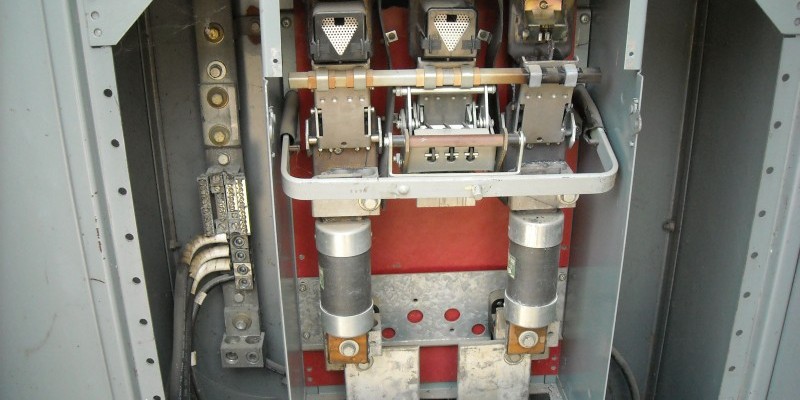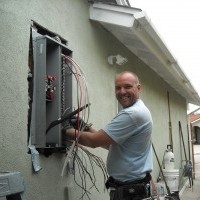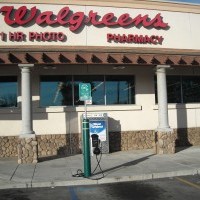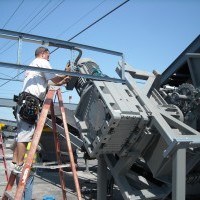Identifying electrical hazards and effectively addressing them to prevent accidents that could cause injuries and/or property damage is essential. You may have even noticed some of the most commonly occurring electrical hazards in your workplace without recognizing them as such. For example, lights that flicker, switches or receptacles that are warm to the touch, extension cords not rated for the equipment to which they're connected, frayed or cracked wires, a slight burning odour coming from panels or transformers or equipment such as computers and photocopiers left on for extended periods of time when not in use.
Though these conditions seem relatively harmless, the fact is that they represent a serious risk of electrical shock or fire; a risk that can and should be prevented. How? By taking a common sense approach that includes:
1. Employee Training
Ensure all employees have taken the appropriate safety training relative to the work that they do; a wide range of training in electrical safety is available through the Electrical Safety Authority and other sources.
2. Awareness
In Ontario, any electrical product sold, displayed, or connected to a source of power must be approved by a recognized certification agency. Any electrical product that is not approved by such an agency may be unsafe and could pose a serious electrical shock and/or fire hazard. Inexpensive extension cords are a primary example; many imported items such as these are not certified to Canadian safety standards and should not be used.
3. Inspections
Electrical Inspections are required for all new electrical equipment installations and for the electrical maintenance of existing electrical installations. Ensure that all work is performed by a licensed electrician as mandated by the Ontario Ministry of Labour.
4. Planned Maintenance
Stop trouble before it starts! Plan electrical maintenance checks for all systems including production, HVAC and others; this not only helps to minimize risk it can also minimize costs by reducing emergency electrical services, electrical maintenance requirements and expensive, avoidable repairs.












